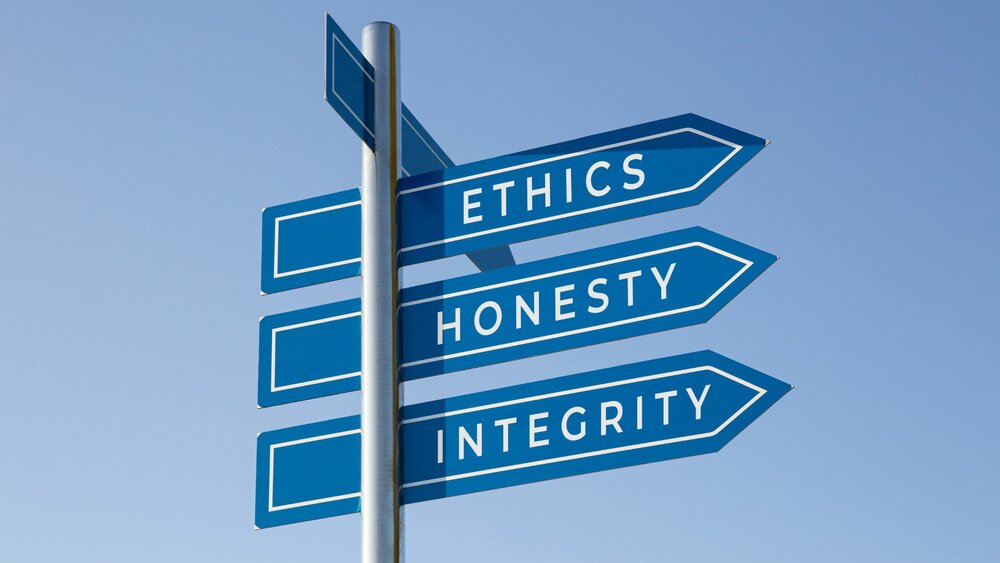The Unyielding Pillar: Ethics in Funeral Service
In the tapestry of human existence, few professions carry the weight of solemnity and responsibility quite like that of funeral service. As the custodians of final farewells, funeral directors stand as unyielding pillars, providing solace, dignity, and support to those navigating the rough hardships of grief. But beneath the somber veneer lies a cornerstone without which the integrity of the profession would falter: ethics.
Ethics in funeral services are not merely guidelines or suggestions; they form the bedrock upon which every interaction, decision, and action within the industry is built. At its core, ethical conduct in this field is about honoring the deceased, respecting their wishes, and upholding the trust bestowed upon funeral directors by the grieving families.
- One of the paramount ethical principles in funeral service is transparency. From the initial consultation to the final arrangements, families entrust funeral directors with their loved one's remains, finances, and most intimate wishes. This sacred trust demands honesty and clarity at every step. Whether discussing pricing, explaining service options, or disclosing relevant information, transparency fosters trust and empowers families to make informed decisions during their time of vulnerability.
- Moreover, the principle of dignity upkeeps every facet of ethical practice in funeral service. Every individual, regardless of circumstance or background, deserves to be treated with reverence and respect in death as in life. Funeral directors must navigate cultural, religious, and personal preferences with sensitivity and empathy, ensuring that every ceremony reflects the unique essence of the departed and provides solace to the bereaved.
- In the digital age, another ethical frontier emerges: privacy and technology. As digital footprints expand and virtual memorials proliferate, funeral directors must navigate a complex landscape of privacy laws, social media protocols, and online memorialization. Respecting the privacy of the deceased and their family members in both physical and digital realms is paramount, requiring vigilance, discretion, and adaptability in an ever-evolving technological landscape.
- Furthermore, ethical conduct extends beyond the confines of individual interactions to encompass broader social responsibilities. Environmental sustainability, for instance, has emerged as a pressing ethical concern within the funeral industry. From eco-friendly burial practices to biodegradable urns, funeral directors have a duty to minimize their environmental footprint and offer families sustainable options that align with their values.
- Ultimately, the unyielding pillar of ethics in funeral service transcends mere compliance with regulations or adherence to codes of conduct. It embodies a profound commitment to compassion, integrity, and human dignity. In a profession steeped in tradition yet ever-evolving, ethical awareness serves as a guiding light, illuminating the path towards meaningful, respectful, and healing end-of-life experiences.
As funeral directors navigate the complexities of grief, tradition, and societal change, they must remain steadfast in their dedication to ethical practice. In upholding the highest standards of integrity and compassion, they not only honor the departed but also provide solace and support to those left behind, ensuring that the unyielding pillar of ethics remains the cornerstone of funeral service for generations to come.
For more information - please call Wagg Funeral Home at 905-985-2171 or drop us a line. You can also send us your queries through this Online Form, and we will call you back to answer any questions.


 OFFICE Hours
OFFICE Hours 216 Queen St.
216 Queen St.
Comments